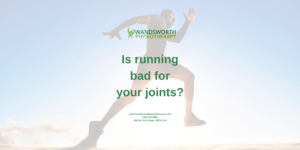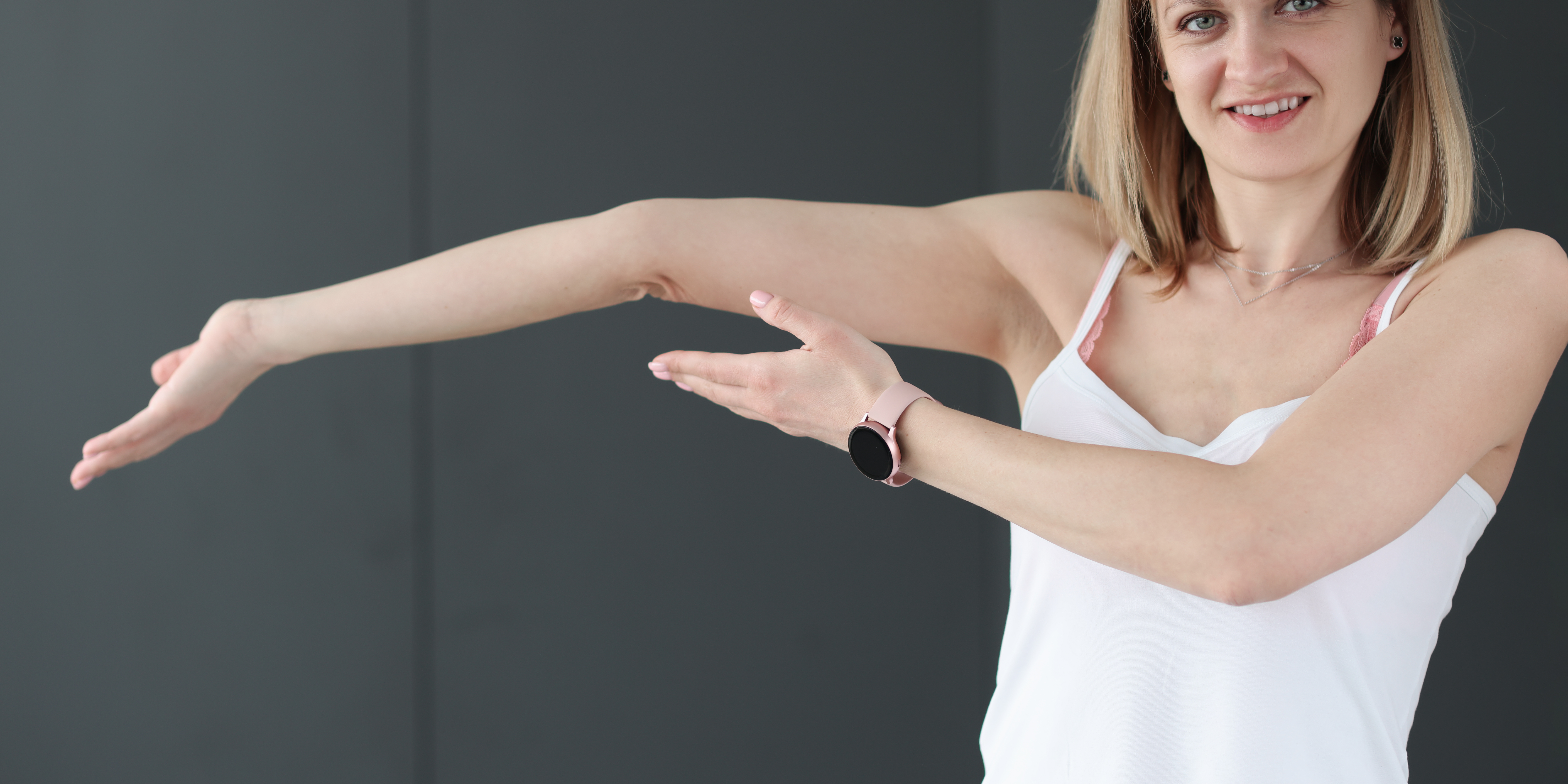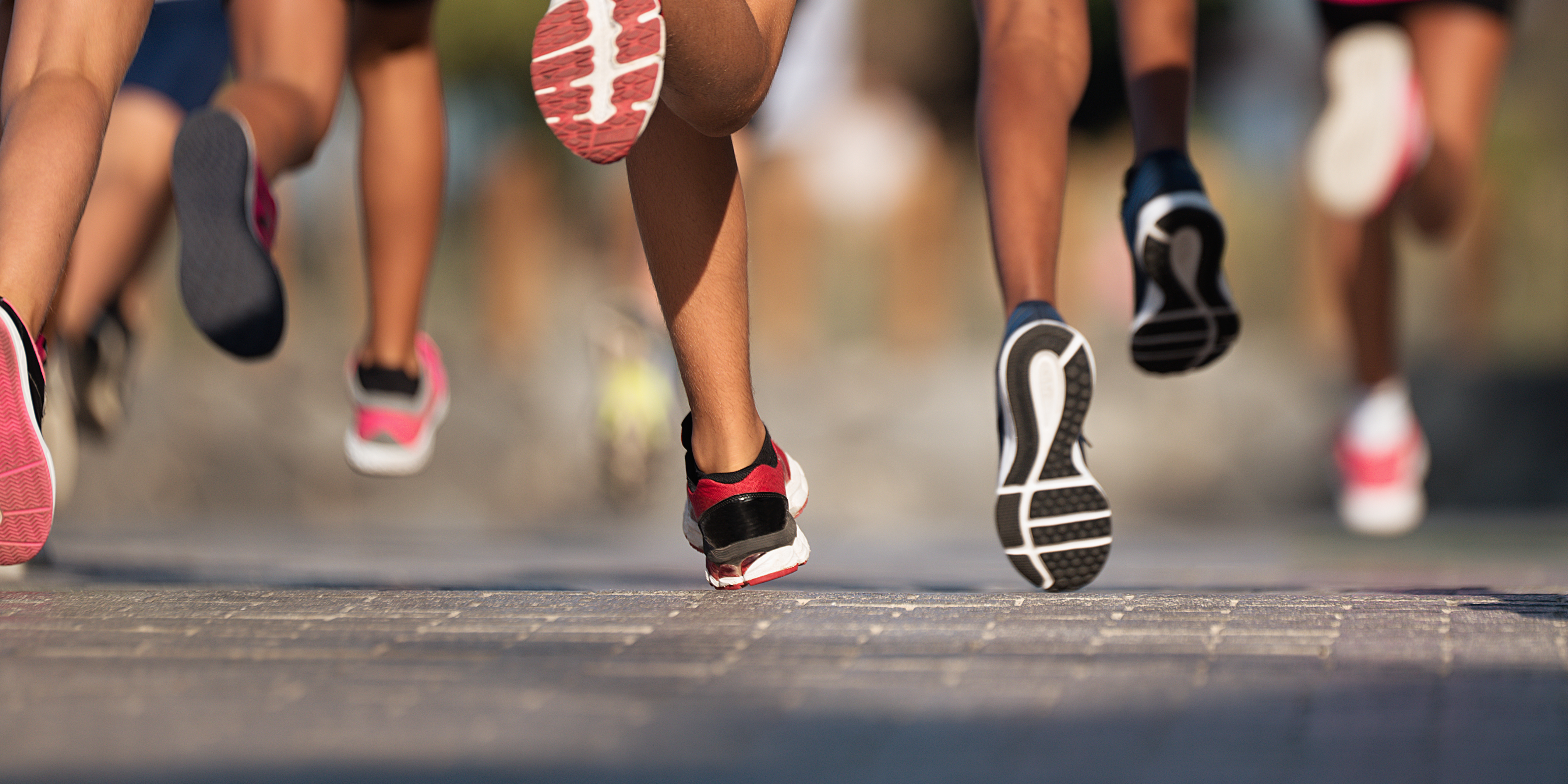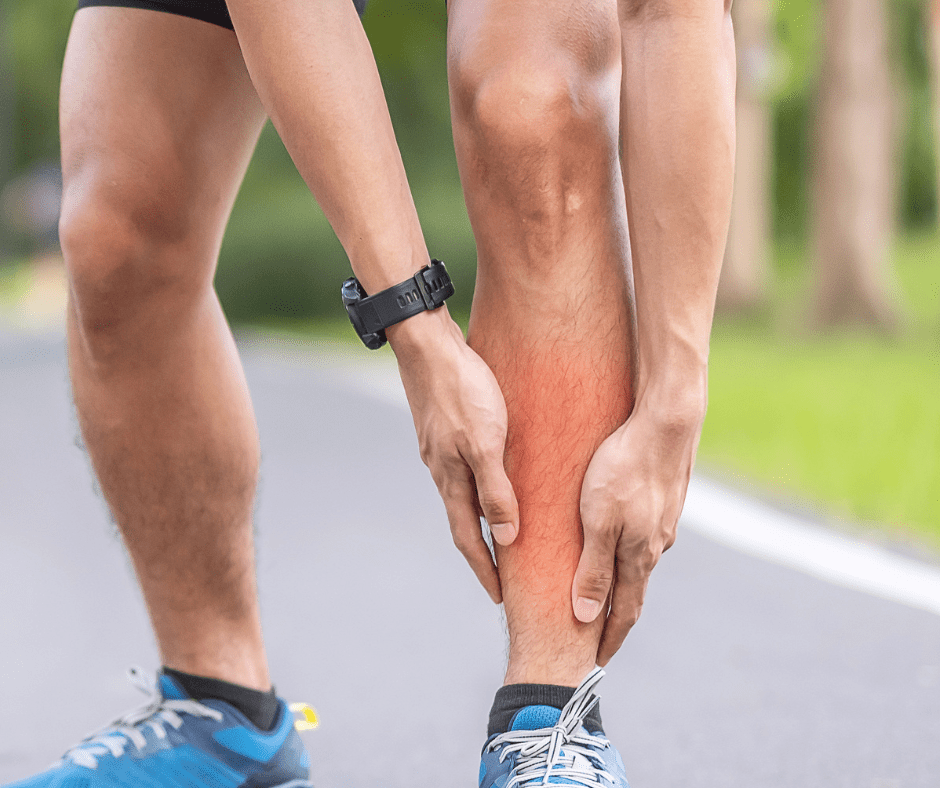Running and arthritis
- Running is bad for your knees right?
- Running will increase arthritis…
We get asked this all the time at Wandsworth Physiotherapy and Osteopathy. For years, a pervasive myth has circulated in fitness circles that running is bad for your back, hips and knees and can lead to an increased risk of arthritis. However, recent research challenges this notion, providing evidence that not only is running safe for your joints, but it may also have protective effects.
To demonstrate this a series of MRI studies by Horga et al (2020, 2021, 2021) showed that in fit, pain free runners there was evidence of “injury” on MRI – this included knee cartilage tear, lower back disc degeneration or hip joint wear, but these did not worsen despite training for and completing a marathon. What we can take from this research, and which we also know is similar to the research conducted in lower back pain, is that pathology does not equal pain, and unfortunately our bodies do experience wear and tear on our journey through life.
Contrary to popular belief, Ponzio et al (2018) presented compelling evidence suggesting that running may have protective effects on the knee joints. The study involved a large sample size of recreational runners, tracking them over an extended period and comparing them to non-runners. Surprisingly, the researchers found that runners exhibited lower rates of knee osteoarthritis compared to their non-running counterparts.
Is running healthy for your joints?
Although we may be able to surmise that running is not bad for your joints, it’s important to remember that runners may also exhibit other healthy habits. They may eat a healthier diet and just generally be more active than a non-runner. These factors have a positive impact on maintaining a healthy body weight. Excess weight has long been recognized as a risk factor for knee osteoarthritis, as it places additional stress on the joints. The study showed that runners tended to maintain healthier body weights, reducing the load on their knees and potentially mitigating the risk of arthritis. Therefore, healthy habits and maintaining a healthy body weight is key, and running is important to achieve this, as is other forms of exercise. We also know that running and other forms of exercise also have huge mental health benefits as well.
A study by Lo et al’s (2018) focused specifically on the impact of running on knee cartilage, a crucial component of joint health. As with Ponzio et al (2018), and contrary to what they expected, Lo et al’s (2018) found little evidence to suggest that running was harmful among individuals over 50 with established knee arthritis, nor was it associated with worsening knee pain or progression of arthritis on x-ray.
These surprising discoveries challenge the common belief that running is bad for your joints and accelerate arthritis. Instead, the research suggests that regular running may have potentially beneficial effects in promoting joint health. This is probably due to maintaining a healthy body weight as well as providing a healthy stress to the bone and cartilage in the joints and maintaining an adaptive responsive in these structures.
So, let’s embrace the evidence and encourage individuals to lace up their running shoes without fear of jeopardising their joint health.
But what causes running injuries then? Stay tuned to find out…
References
Horga, L. M., Henckel, J., Fotiadou, A., Hirschmann, A. C., Di Laura, A., Torlasco, C., D’Silva, A., Sharma, S., Moon, J. C., and Hart, A. J. (2020). Is the immediate effect of marathon running on novice runners’ knee joints sustained within 6 months after the run? A follow-up 3.0 T MRI study. Skeletal radiology, 49(8), 1221–1229. https://doi.org/10.1007/s00256-020-03391-2
Horga, L. M., Henckel, J., Fotiadou, A., Di Laura, A., Hirschmann, A., and Hart, A; (2021) 3.0 T MRI findings of 104 hips of asymptomatic adults: From non-runners to ultra-distance runners. BMJ Open Sport & Exercise Medicine, 7 (2) , Article e000997. 10.1136/bmjsem-2020-000997.
Lo, G. H., Musa, S. M., Driban, J. B., Kriska, A. M., McAlindon, T. E., Souza, R. B., Petersen, N. J., Storti, K. L., Eaton, C. B., Hochberg, M. C., Jackson, R. D., Kwoh, C. K., Nevitt, M. C., & Suarez-Almazor, M. E. (2018). Running does not increase symptoms or structural progression in people with knee osteoarthritis: data from the osteoarthritis initiative. Clinical rheumatology, 37(9), 2497–2504. https://doi.org/10.1007/s10067-018-4121-3
Ponzio, D. Y., Syed, U. A. M., Purcell, K., Cooper, A. M., Maltenfort, M., Shaner, J., & Chen, A. F. (2018). Low Prevalence of Hip and Knee Arthritis in Active Marathon Runners. The Journal of bone and joint surgery. American volume, 100(2), 131–137. https://doi.org/10.2106/JBJS.16.01071





